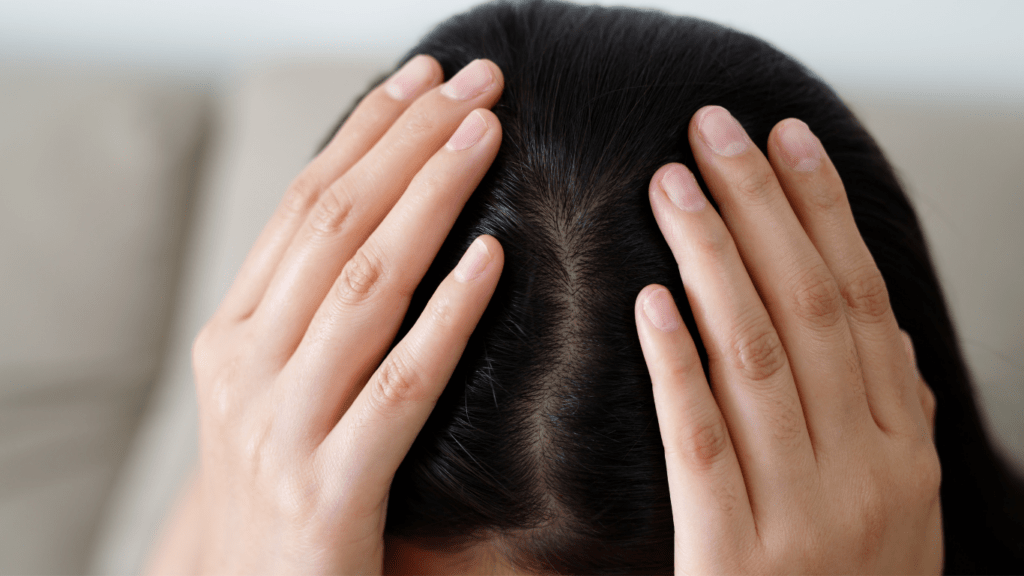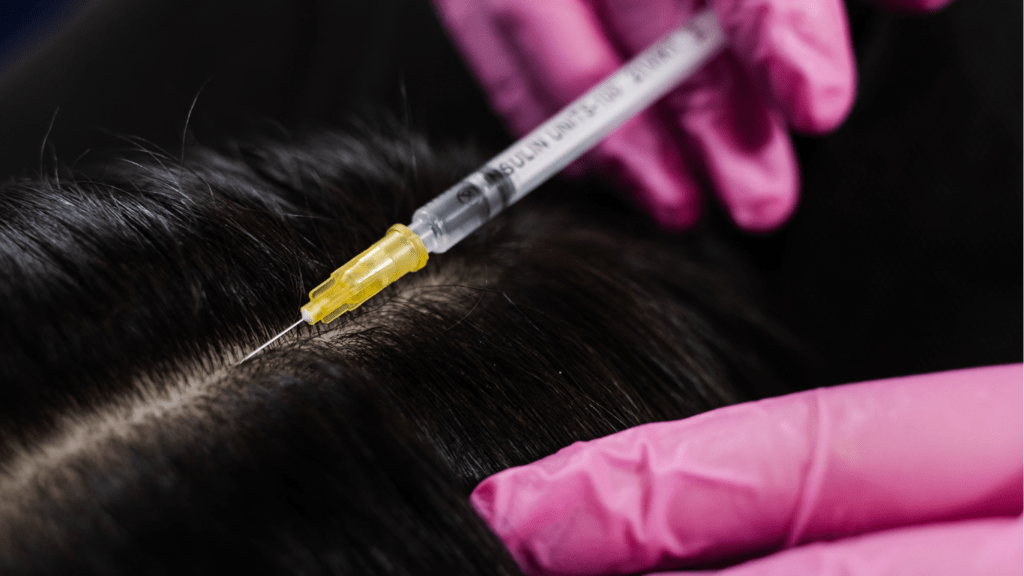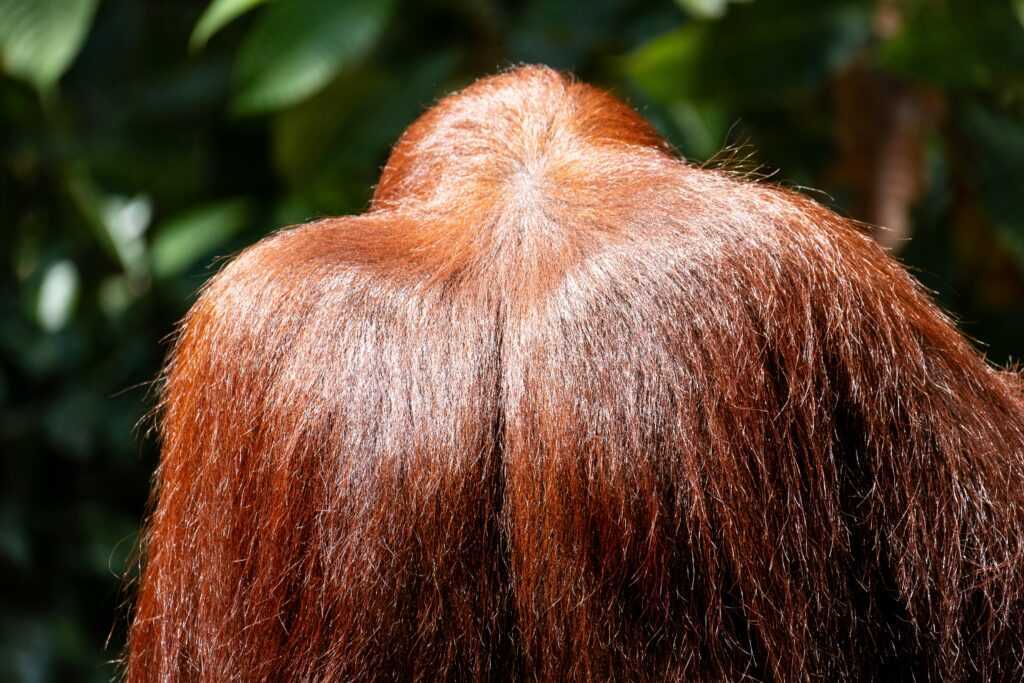Understanding Common Scalp Issues
Scalp issues can affect anyone, leading to discomfort and self-consciousness. Recognizing symptoms and solutions helps manage these problems effectively.
Dandruff
Dandruff, characterized by white flakes on the scalp and clothing, impacts millions globally. It’s often caused by Malassezia, a yeast-like fungus that feeds on oils on the scalp. Symptoms include itching and flakes. Regular use of anti-dandruff shampoos containing zinc pyrithione, salicylic acid, or ketoconazole can control dandruff. Changing hair care routines also helps reduce buildup.
Seborrheic Dermatitis
Seborrheic dermatitis causes inflamed skin and greasy scales, commonly on the scalp. This condition appears in areas with many sebaceous glands. Symptoms include red skin, yellow or white flakes, and itching. Treatments include medicated shampoos with ingredients like coal tar, selenium sulfide, or ketoconazole. Topical antifungals or corticosteroids may be prescribed for severe cases.
Psoriasis
Psoriasis, an autoimmune disease, leads to red, scaly patches on the scalp. Symptoms often include itching, burning, and raised plaques. It’s vital to consult a dermatologist for diagnosis. Treatments may involve topical treatments like corticosteroids or vitamin D analogs, systemic medications, or light therapy. Maintaining a healthy lifestyle and reducing stress can also help manage psoriasis.
Folliculitis
Folliculitis is the inflammation of hair follicles, often due to bacterial or fungal infections. Symptoms include red bumps, pus-filled blisters, and itching. Mild cases may clear up with good hygiene and avoiding irritants, but persistent cases need medical attention. Treatments may include topical or oral antibiotics, antifungal medications, or antiseptic solutions. Avoid sharing personal items like combs or towels to prevent spreading infections.
Diagnosing Scalp Issues
Diagnosing scalp issues requires attention to specific symptoms. Identifying these signs early aids in effective treatment.
Symptoms to Look For
Common symptoms include itchiness, redness, flakes, bumps, and patches. Dandruff often presents as white flakes and an itchy scalp. Seborrheic dermatitis may show as greasy, yellowish scales along with inflamed skin. Psoriasis typically manifests as thick red patches with silvery scales. Folliculitis appears as small, pus-filled bumps around hair follicles. Recognizing these symptoms helps in determining the exact scalp condition.
When to See a Dermatologist
Seek a dermatologist’s advice when symptoms persist for over two weeks or worsen despite over-the-counter treatments. Severe cases like psoriasis or seborrheic dermatitis often need prescription medications. If hair loss, intense itching, or significant discomfort accompanies scalp issues, professional help becomes essential. Consulting a dermatologist ensures accurate diagnosis and personalized treatment plans.
Effective Treatments for Scalp Issues

Treating scalp issues can vary based on the condition’s severity. Below are solutions categorized for better understanding and application.
Over-The-Counter Treatments
Many scalp issues improve with over-the-counter (OTC) treatments available at pharmacies:
- Anti-dandruff Shampoos: Products containing zinc pyrithione, ketoconazole, or selenium sulfide help reduce flaking and itchiness.
- Salicylic Acid Shampoos: Effective for psoriasis and dandruff, these shampoos exfoliate dead skin cells, reducing scales.
- Coal Tar Shampoos: These slow skin cell growth and are especially useful for psoriasis.
- Hydrocortisone Creams: This relieves minor itching and inflammation, beneficial for mild seborrheic dermatitis.
Prescription Medications
For persistent or severe scalp conditions, dermatologists prescribe stronger treatments:
- Topical Steroids: These reduce inflammation and itching in conditions like severe psoriasis and seborrheic dermatitis.
- Antifungal Medications: Prescribed for scalp fungal infections and severe dandruff, examples include ketoconazole and ciclopirox.
- Calcineurin Inhibitors: Tacrolimus and pimecrolimus are alternatives to steroids, reducing inflammation without steroid-related side effects.
- Oral Medications: For severe cases, systemic treatments like methotrexate, cyclosporine, or oral antifungals are used under strict medical supervision.
Home Remedies
Mild conditions may respond to simple home treatments:
- Aloe Vera: Applying aloe vera gel soothes inflammation and moisturizes the scalp.
- Tea Tree Oil: Known for its antifungal properties, adding a few drops to shampoo can help treat dandruff.
- Apple Cider Vinegar: Diluted with water, it can help restore scalp pH and reduce itchiness.
- Coconut Oil: Moisturizes and can have antifungal properties, beneficial for dry scalp and dandruff.
Exploring these treatments, anyone can find the right combination to address their specific scalp issues effectively.
Preventing Scalp Problems
Preventing scalp problems involves a combination of smart hair care practices and dietary considerations. By adopting these measures, individuals can maintain a healthy scalp and avoid common issues.
Healthy Hair Care Routine
Maintaining a healthy hair care routine is key to preventing scalp problems. I recommend:
- Washing Frequency: Wash hair 2-3 times a week to prevent build-up of oils and dirt.
- Shampoo Choices: Use mild, sulfate-free shampoos to avoid irritation. Look for shampoos with ingredients like zinc pyrithione or ketoconazole if prone to dandruff.
- Conditioning: Apply conditioner mainly on the ends, not the scalp, to prevent excess oiliness or build-up.
- Gentle Drying: Pat hair dry with a towel instead of rubbing, which can cause friction and irritation.
- Avoiding Heat: Minimize the use of heat styling tools like blow dryers and flat irons to reduce the risk of scalp burns or dryness.
Dietary Considerations
Diet plays a crucial role in scalp health.
Key considerations include:
- Nutrient Intake: Ensure adequate intake of vitamins and minerals essential for scalp health, such as Vitamin A, Vitamin E, zinc, and omega-3 fatty acids.
- Hydration: Drink at least 8 glasses of water daily to keep the scalp hydrated and prevent dryness.
- Balanced Diet: Incorporate a balanced diet rich in fruits, vegetables, and lean proteins to support overall scalp health.
These practices, when combined, create a strong foundation for a healthy scalp, reducing the risk of common issues like dandruff or dryness.



 Product Review Expert
Marta is the product guru of the team, with a keen eye for discovering the best hair care products available. She meticulously tests and reviews shampoos, conditioners, styling tools, and treatments to give readers honest, in-depth insights. Marta’s expertise ensures that only the highest quality products are recommended, making her reviews an essential guide for anyone looking to invest in their hair care routine.
Product Review Expert
Marta is the product guru of the team, with a keen eye for discovering the best hair care products available. She meticulously tests and reviews shampoos, conditioners, styling tools, and treatments to give readers honest, in-depth insights. Marta’s expertise ensures that only the highest quality products are recommended, making her reviews an essential guide for anyone looking to invest in their hair care routine.
